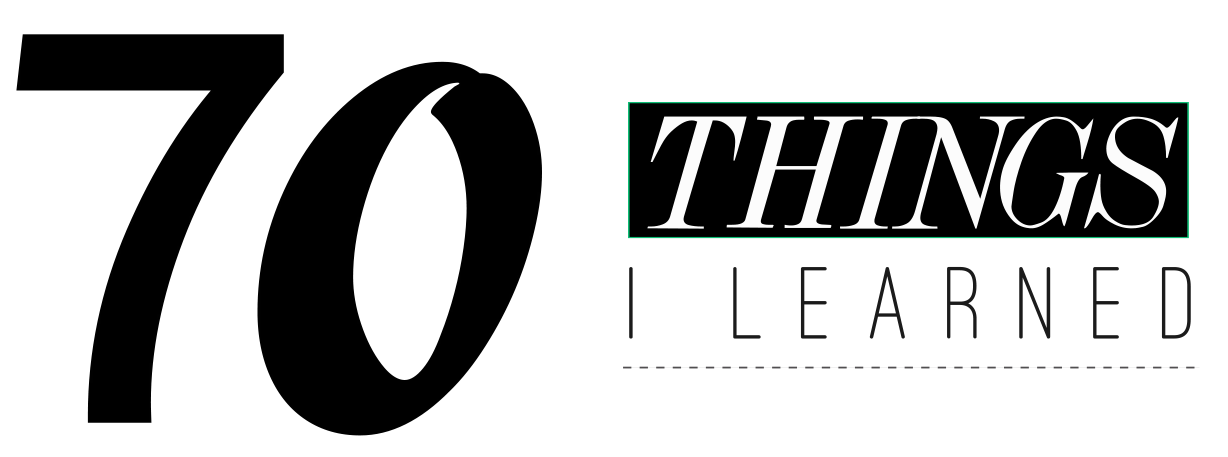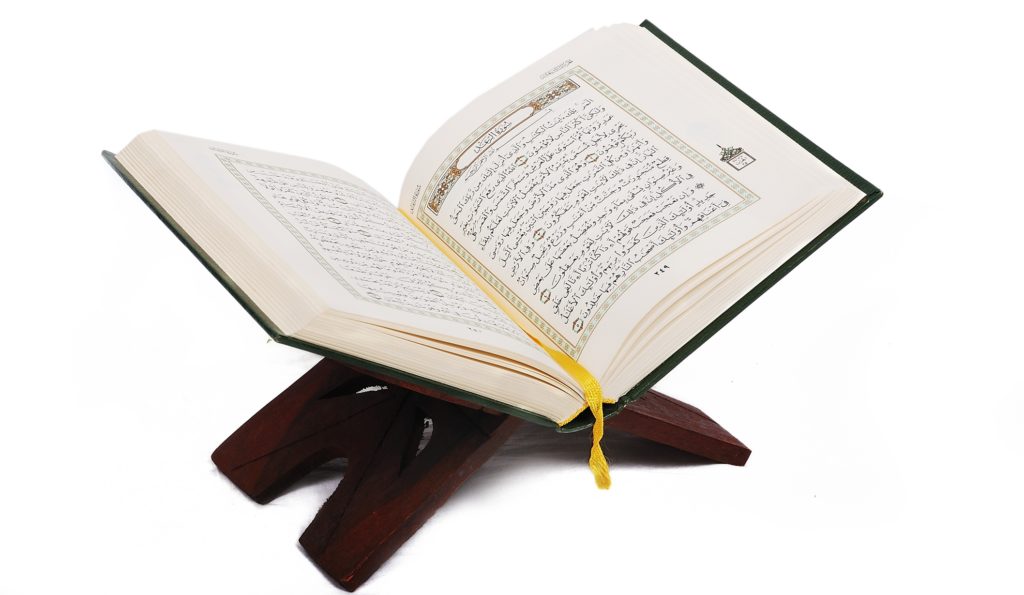Books – Chapter 1 – The Quran
Being a Muslim, Quran is absolutely my most favorite book in the world. There is not a day that goes by where I don’t read it. It increasingly inspires me to be a better person and no matter how many times I have read it; it never fails to enlighten me.
It’s wondrous to me how unique and diverse the Quran is. It’s random but yet very organized, spontaneous yet amazingly predictable, common but elegantly poetic and most importantly it’s very clear and simple yet sophisticated. The other amazing thing is how evident that it comes from a place or an author Who is clearly superior and supremely dignified. For example, in the very first verse of the Quran following the introduction, God says “This is the Book about which there is no doubt, guidance to the God-Conscious…”. I mean who starts a book by saying it’s undoubted. Also the way it looks at you right in the eye and challenges you to bring forth evidence and demands the use of intellect and reason.
My most favorite part of the Quran is how clear it is when it comes to the most important question of belief. Is there a God and if there is one Who is He? I did this challenge with my son. I told him open any page in the Quran and I bet you will find a verse if not more that references God and/or His attributes. As Muslims, we differ and debate about quite few things but when it comes to the idea of God, you will never find any two disagreeing or debating. For example, every chapter in the Quran starts with the verse “In the Name of God, the entirely merciful, the especially merciful”. I mean is there any doubt about what that really means or what is it saying about the core message of the Islam?
Yes, there are verses about fighting and killing in the Quran. However, there are two facts that are usually ignored. First, Islam is not this utopian, idealistic, unreachable, esoteric faith, but rather it is merely a realistic religion. While it passionately encourages empathy and forgiveness, it is highly realistic in knowing who we are by addressing our natural conflicts with giving permission to fighting but only in self-defense of course. According to Philip Jenkins, a religion historian and a Professor of History at Baylor University, Violence in the Quran is largely a defense against attack. He also said “By the standards of the time, which is 7th century A.D, the laws of war that are laid down by the Quran are actually reasonably humane.” Secondly, the verses of fighting constitute only about 2.2% which is insignificant in comparison to verses of reflection, and self discipline.
The Quran was sent down as a book of guidance. Just like a navigational system, it’s meant to be deeply understood but more importantly followed via implementation. The best way to implement the Quran is by doing so one verse at a time. And in doing so I suggest application in order of revelation.
In conclusion, if you have never read the Quran, I strongly suggest doing so but I would ask to do it with an open mind and without any bias and most importantly I suggest reading the whole book not just bits and pieces and also in order of revelation. If you already read the Quran, I strongly suggest you start fostering the habit of deep reflection on a daily basis.
That’s 70 things I learned, until next time I say I dare you to find a page in the Quran that doesn’t have a God reference in it. Haha, good luck!!
–z










